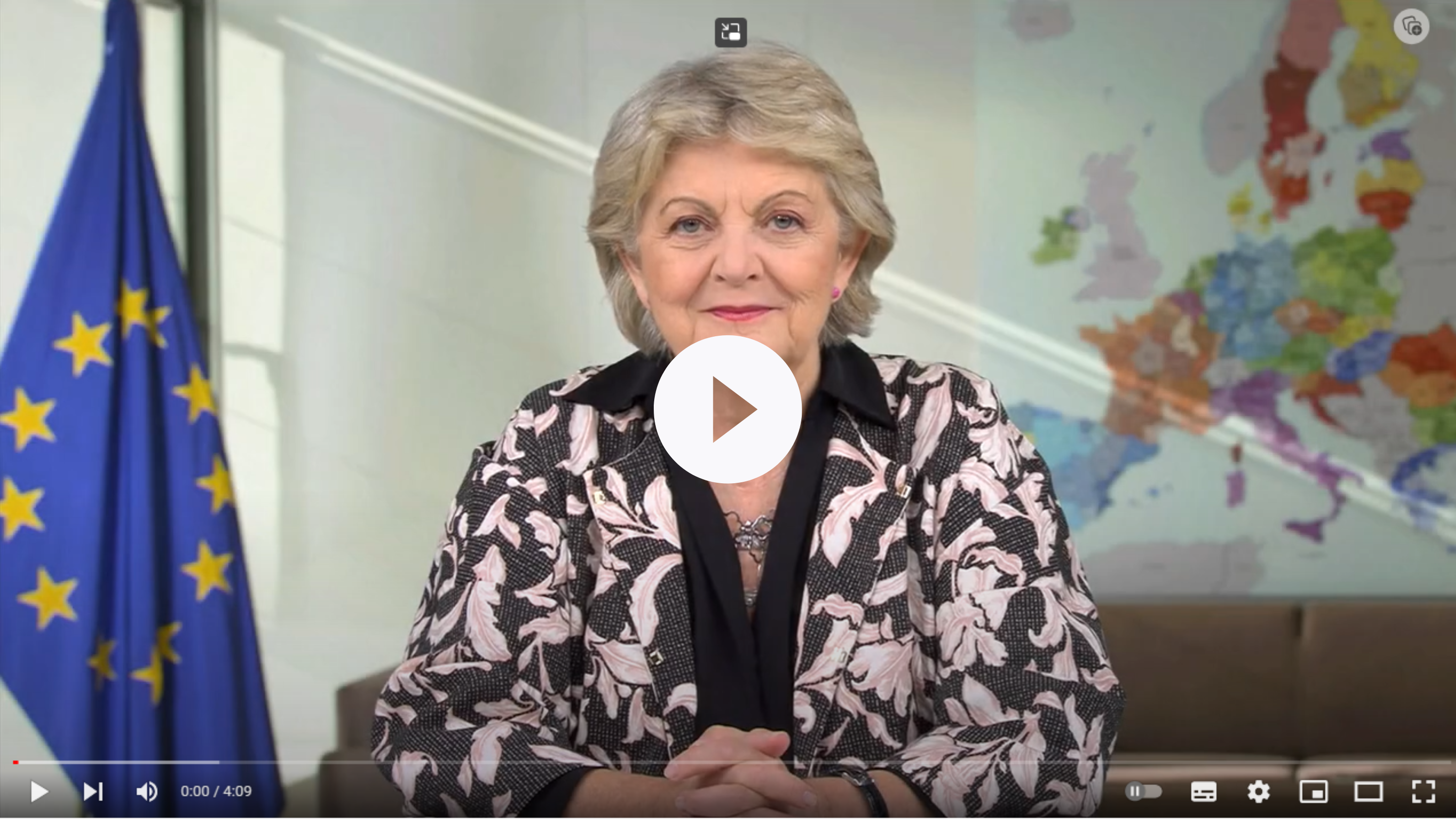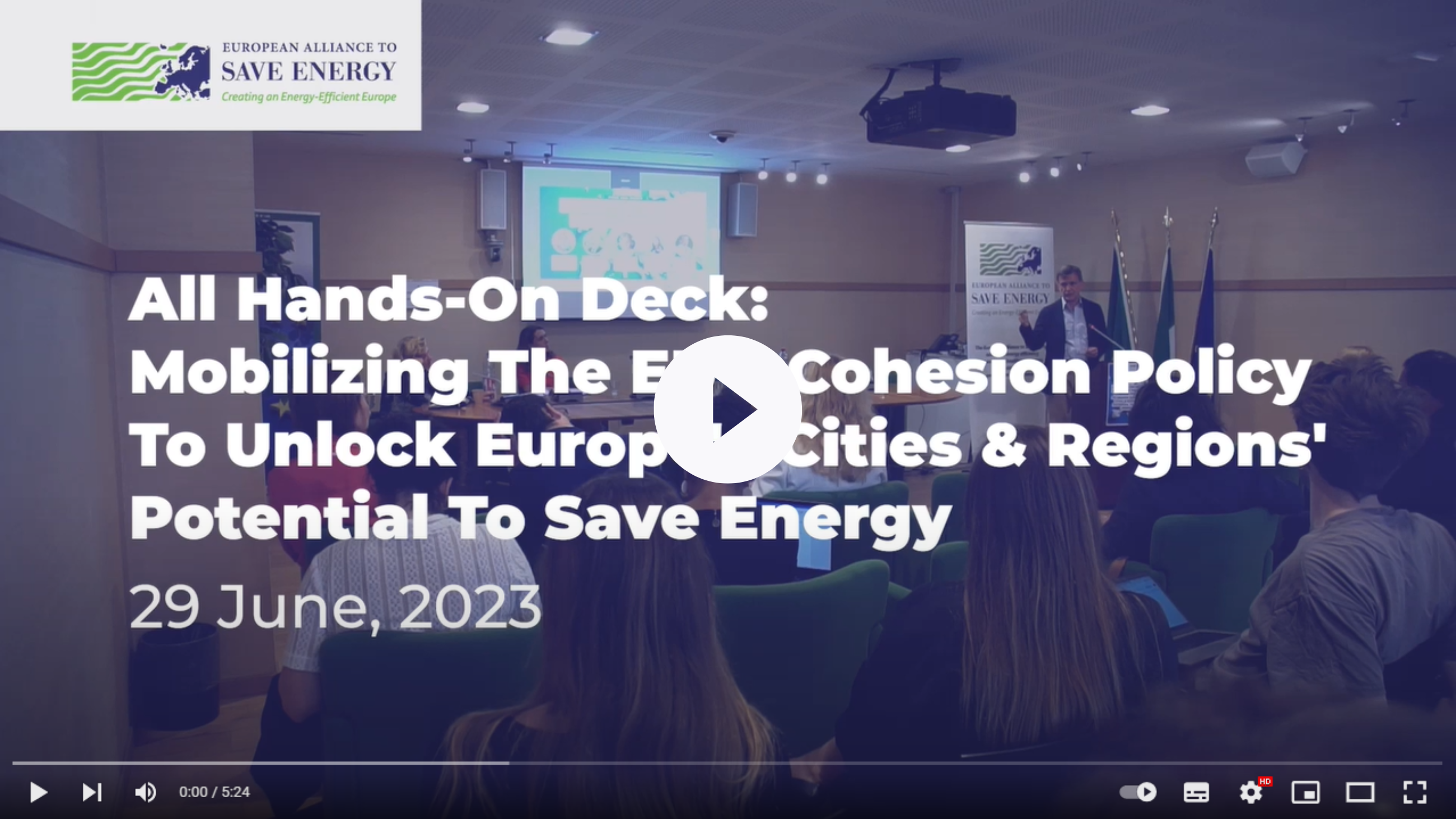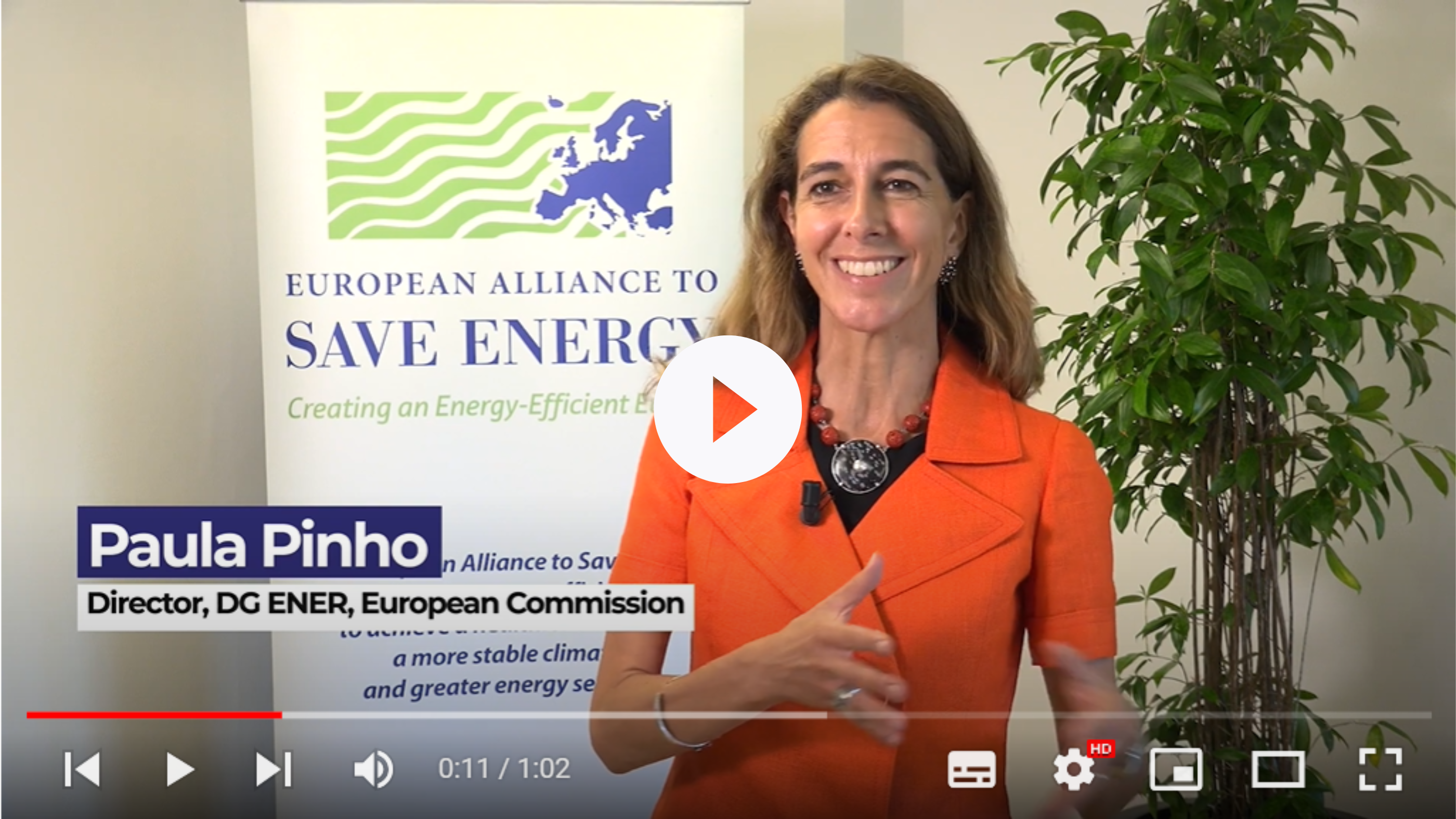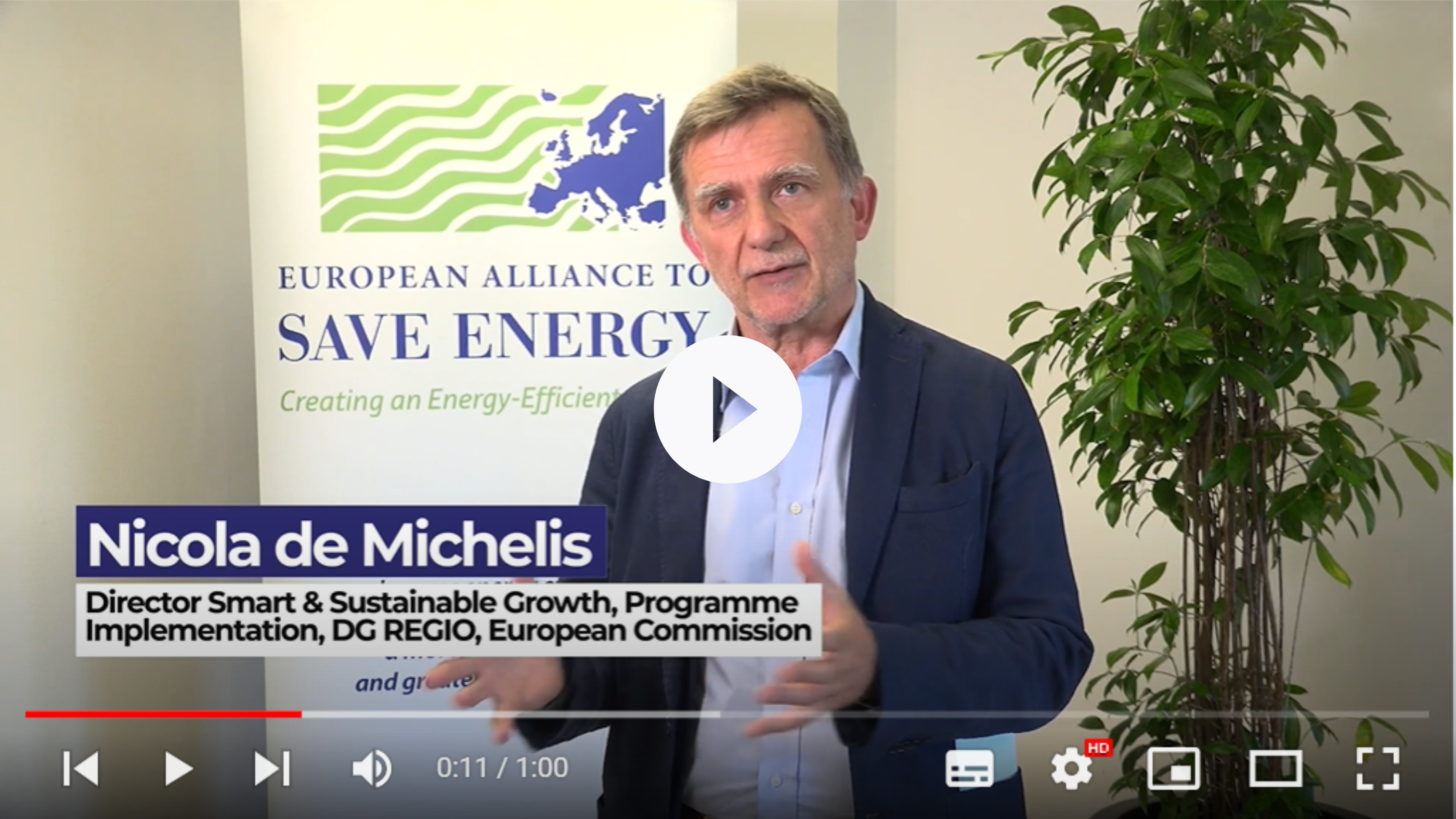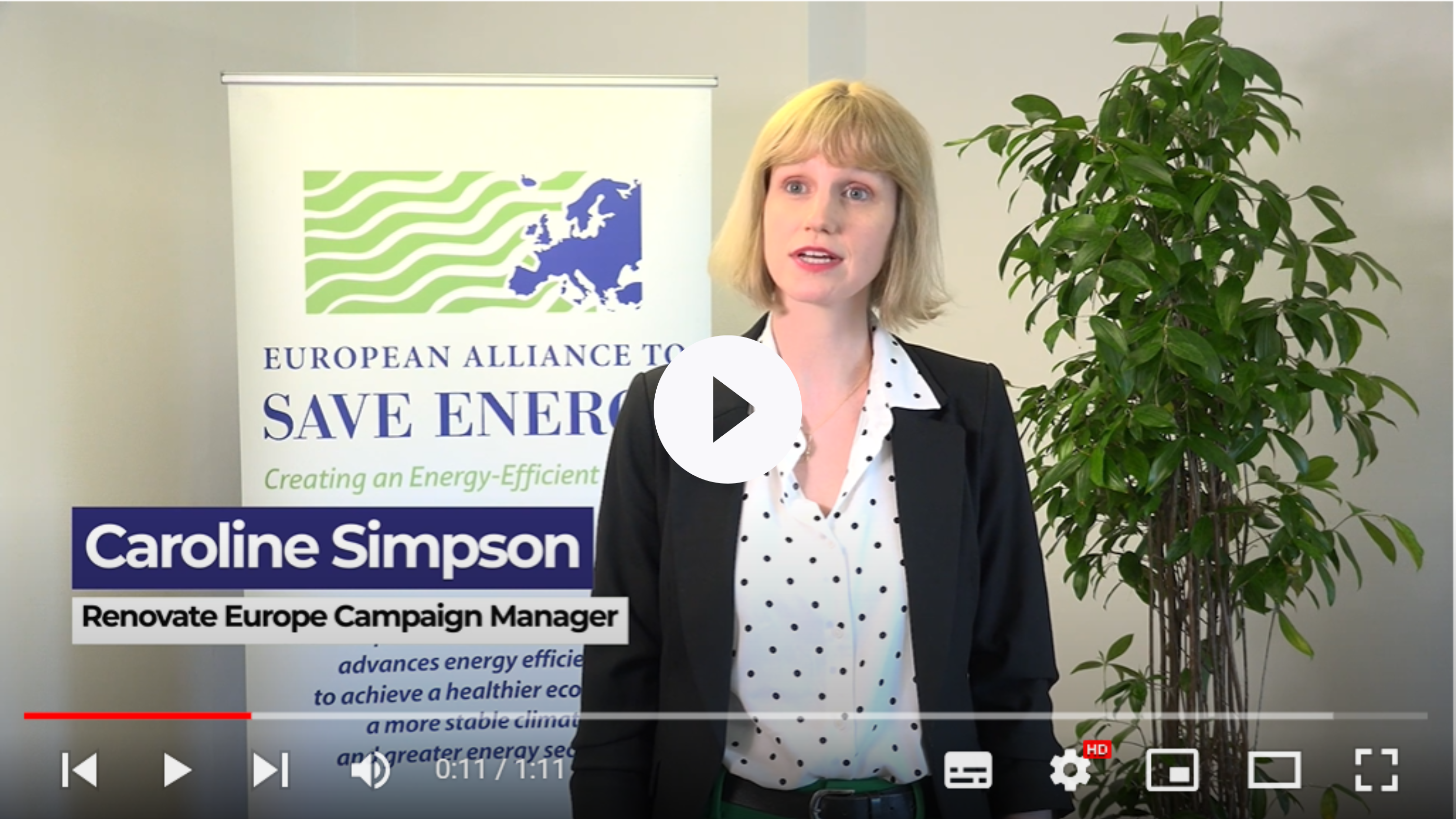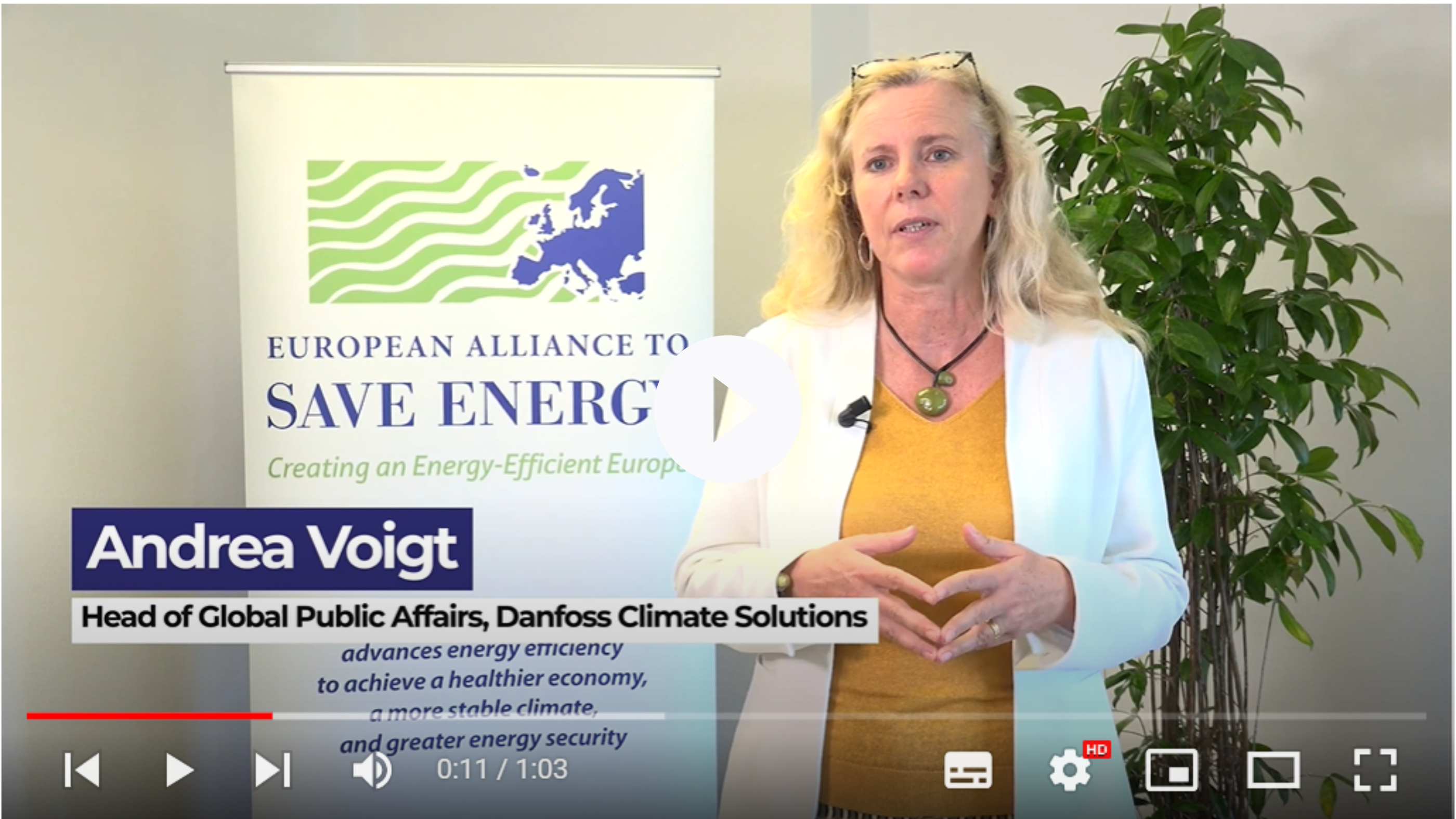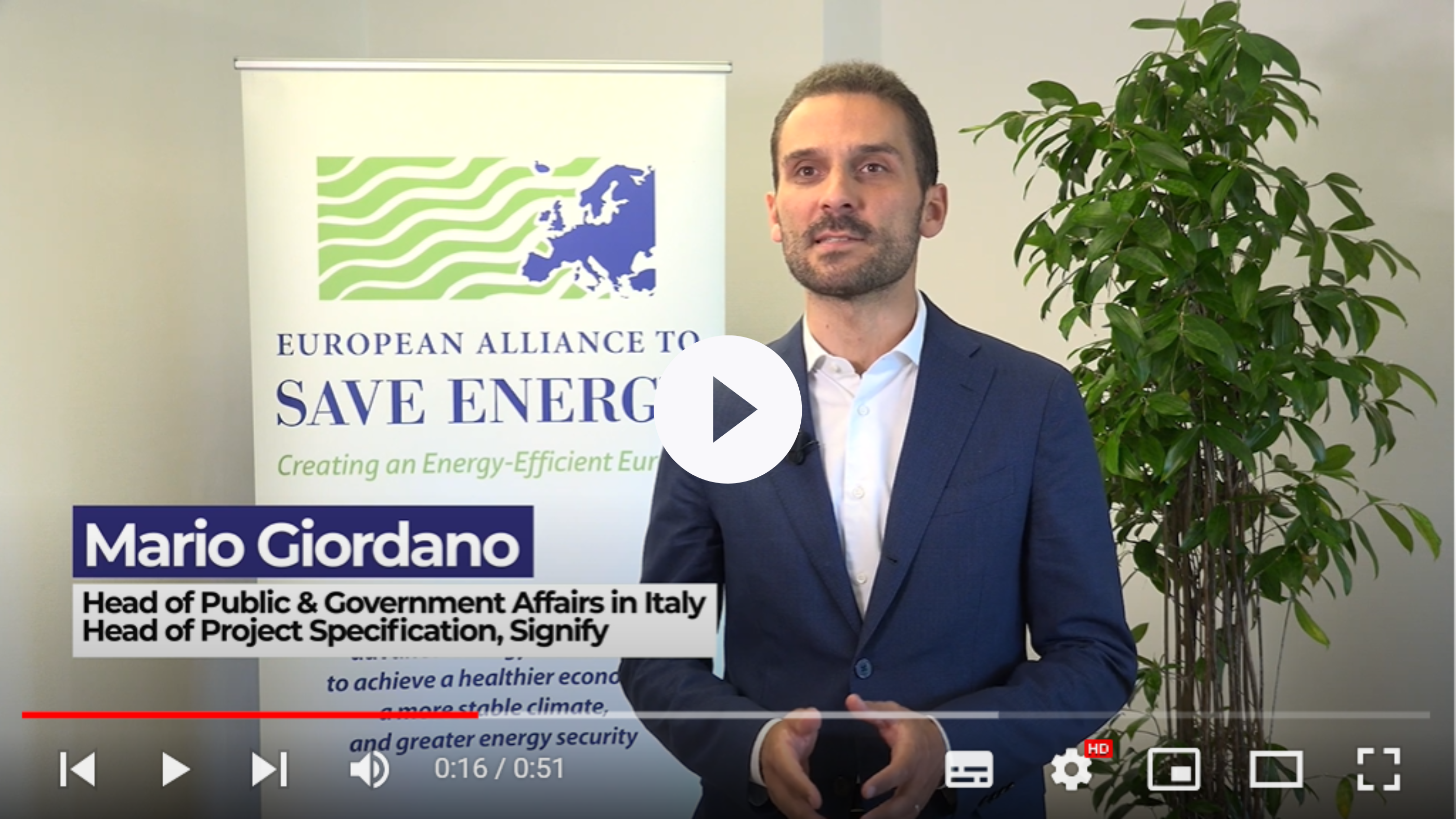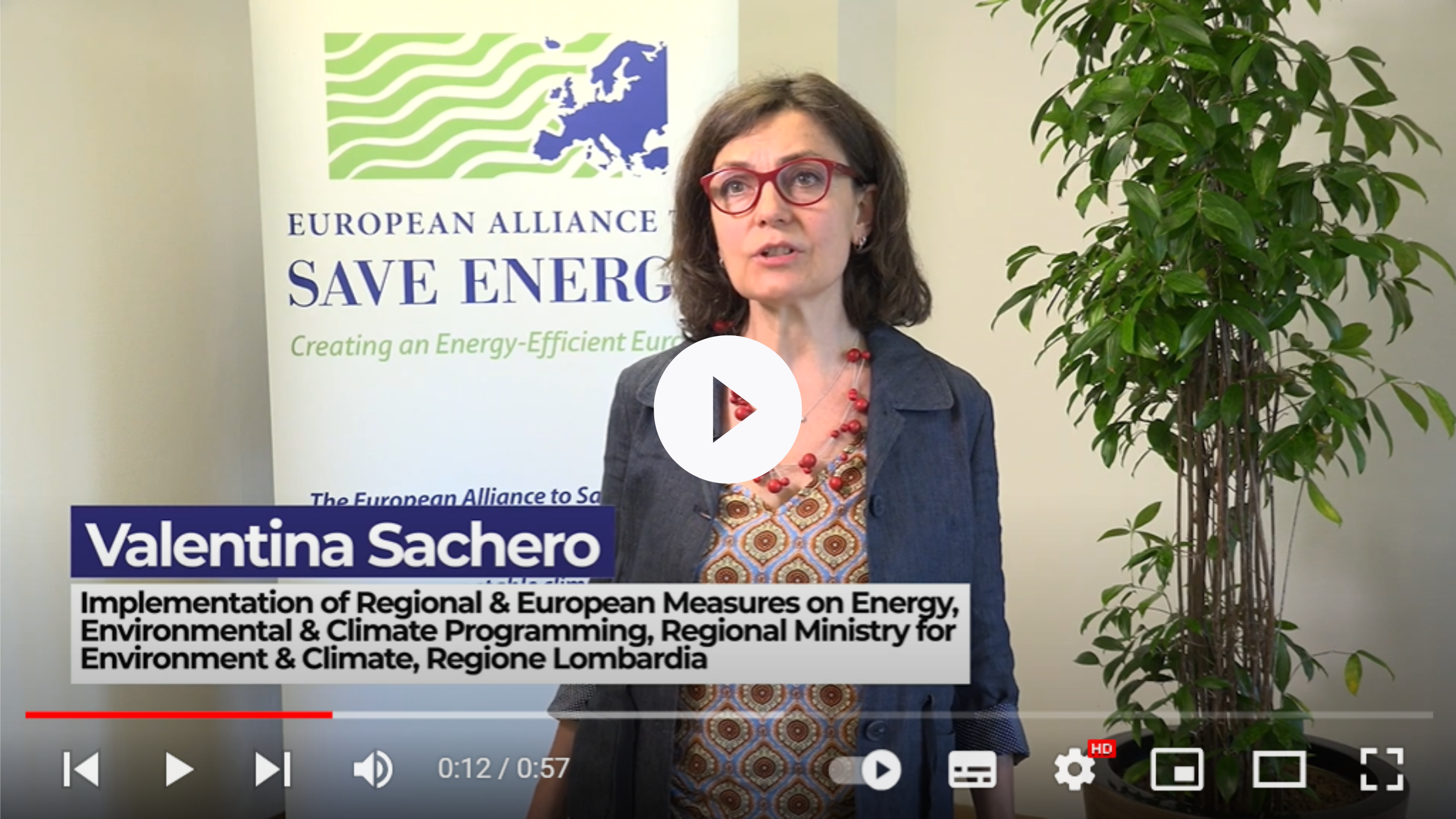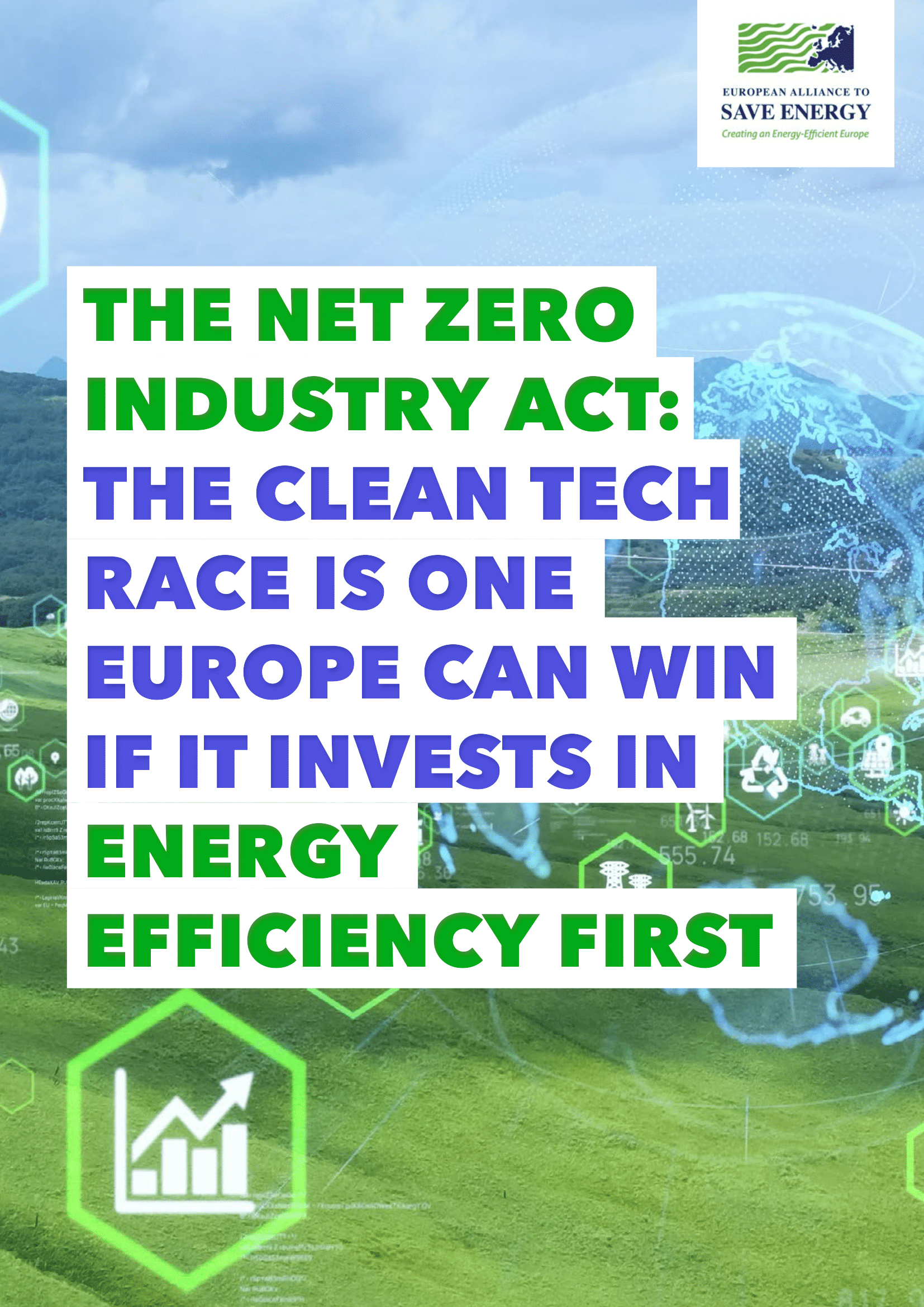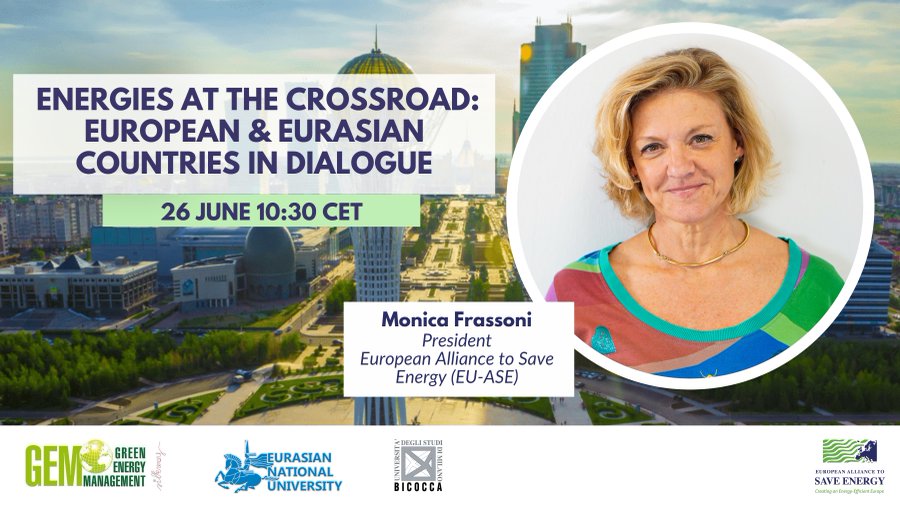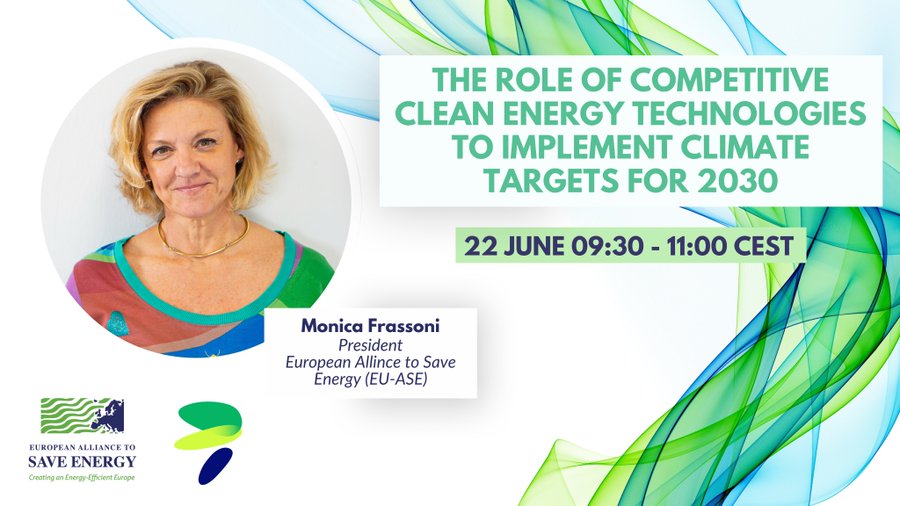All hands-on deck: Mobilizing the EU’s cohesion policy to unlock Europe’s cities and regions’ potential to save energy (Event)
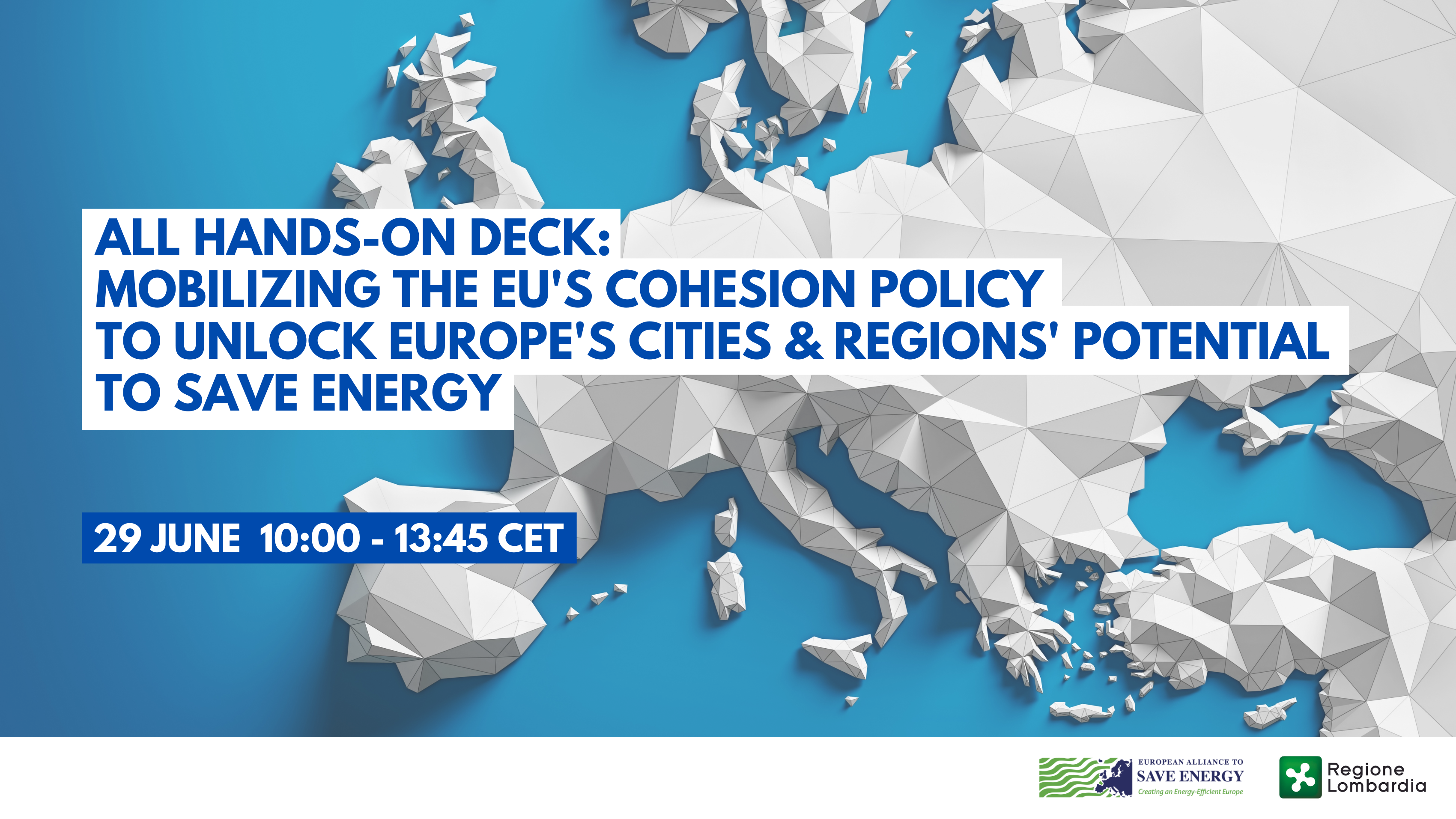
On 29 June 2023, the European Alliance to Save Energy (EU-ASE) and Regione Lombardia hosted a half-day event aimed at building forward-looking partnerships between regions & business on energy efficiency. The event took place on 29 June, 10:00 – 13:45 CET (including a light lunch).
Reducing energy need is one of our greatest tools to decarbonize and optimize our energy system to accelerate the integration of renewables, phase out fossil fuels and achieve the EU’s medium (2030) and long term (2050) energy and climate objectives of reducing greenhouse gas emissions. It is also one of our most effective defenses to abate the impact of high energy bills for European households and businesses.
It is in Europe’s cities and regions where much of the necessary climate action can and needs to take place. This is why the at least 30% of the European Regional Development Fund (ERDF) and 37% of the EU’s Cohesion Fund is dedicated to climate action, aligning with 2030 and 2050 energy and climate objectives. Energy efficiency, and achieving at least 30% in improvements, is a key priority for these funds, with significant financial support available to regions and local authorities for efficiency projects in key sectors: from public buildings and social housing to industrial plants and supporting local businesses.
Spent well, the funds will be a powerful lever to stimulate long-term private investment and build a solid skill base in Europe’s regions, but to realize the potential we need all hands on deck.
This half-day event:
- United Europe’s regions and businesses, along with key representatives from the European Institutions, to look at how the EU’s Cohesion policy can be leveraged to support energy efficiency projects across Europe’s regions.
- Provided a platform for regions to share successful experiences and shed light on some of the challenges at regional level.
- Enabled Europe’s businesses and leading energy efficiency solution providers to demystify some of the technologies available for qualitative and quantitative savings, monitoring and measurement.
- Created a positive platform to connect the business community and regional actors and create new long-term partnerships to accelerate Cohesion supported energy efficiency projects at regional level.
We learned that:
- The EU has a solid regulatory framework for energy efficiency in Europe – we need now to go into this toolbox and collectively put everything we can into energy efficiency.
- “Money is not the problem” – never before has there been so much support and funding at EU and local level for energy efficiency.
- Public authorities need support to be able to help deliver energy efficiency in the regions – we need to work together to boost skills, provide technical assistance, develop public private partnerships and value chains around the renovation wave.
- Measurement is absolutely key – both in terms of ensuring that we are delivering the potential and to build trust.
- The solutions already exist and are ready “off the shelves”, businesses are ready to support local and regional authorities to address the challenges and to find the best technical solutions to their specific needs.
- Regions are committed and are already planning many initiatives to deliver energy efficiency in buildings and in industrial processes. There are some very promising results in terms of improvements in performance, but some challenges still need to be addressed to improve the quality and quantity of expenditure.
Event speakers:
- Opening remarks: Raffaele Cattaneo, Undersecretary for International and EU Affairs, Regione Lombardia
- Personal video address: Elisa Ferreira, Commissioner for Cohesion and Reforms
- Paula Pinho, Director, Directorate-General ENERGY, European Commission
- Nicola de Michelis, Director Smart & Sustainable Growth, Programme Implementation, DG REGIO
- Valentina Sachero, Implementation of Regional & European Measures on Energy, Environmental & Climate Programming, Regional Ministry for Environment & Climate, Regione Lombardia
- Quentin Galland, Group Public & Regulatory Affairs Director, Knauf Insulation
- Mario Giordano, Head of Public & Government Affairs in Italy; Head of Project Specification, Signify
- Andrea Voigt, Head of Global Public Affairs, Danfoss Climate Solutions
- Caroline Simpson, Renovate Europe Campaign Manager
Watch the opening remarks by the Commissioner for Cohesion and Reforms.
Watch the full event video.
How are DG REGIO & DG ENER working together to ensure EU Member States understand the opportunities to deliver energy efficiency projects using EU funding?
How does DG REGIO intend to further boost energy efficiency projects in the regions through Cohesion Funding in the next period?
Which are the energy efficiency technologies that can be implemented by regions to support the energy transition and how can we monitor them?
How does DG REGIO intend to further boost energy efficiency projects in the regions through Cohesion Funding in the next period?



















